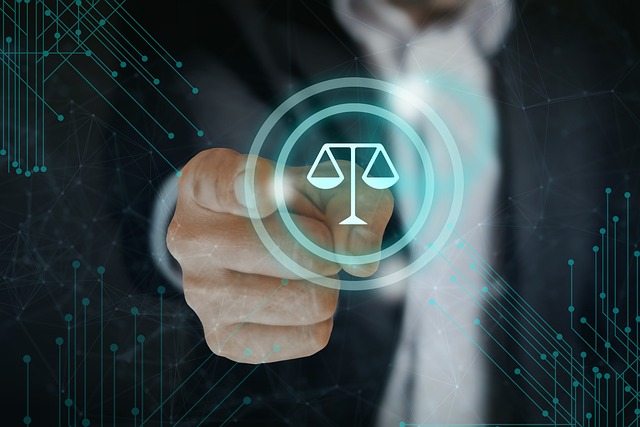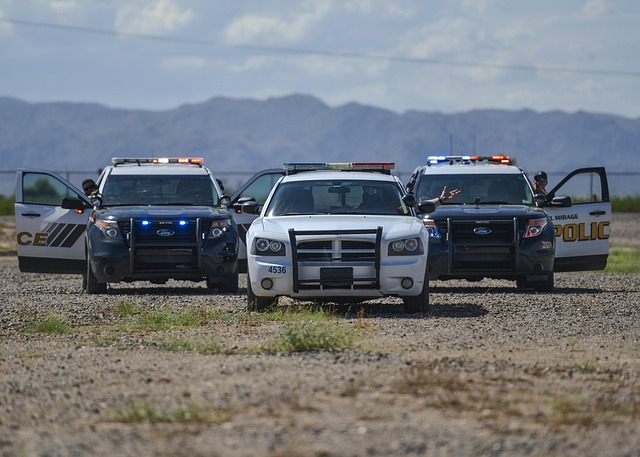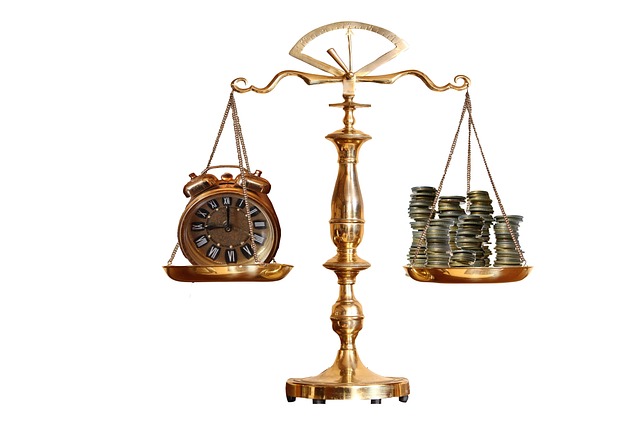Public corruption charges carry severe legal consequences, requiring skilled attorneys to navigate complex defenses and challenge verdicts. To overturn a wrongful conviction, accuseds must: 1) assemble a team of specialized white-collar crime defense lawyers, 2) conduct thorough investigative work, 3) strategically present appeals by leveraging legal expertise, 4) challenge evidence admissibility and witness testimonies, 5) file a timely notice of appeal with the court, and 6) have their attorney scrutinize trial evidence and argue for innocence. This process aims to achieve just outcomes while safeguarding due process rights, ultimately aiming to overturn the conviction and secure freedom.
Public corruption charges carry severe legal implications, impacting not just individuals but societal trust. Understanding these charges and their definition is paramount in navigating the complex justice system. This article delves into the intricacies of public corruption accusations, exploring key aspects like fair trial rights, legal defense strategies, and crucial steps to overturning a wrongful conviction. By understanding these processes, those faced with such allegations can better protect their rights and seek just outcomes.
- Understanding Public Corruption Charges: Definition and Legal Implications
- The Right to a Fair Trial: Challenges in Overturning Convictions
- Strategies for Legal Defense Against Corruption Accusations
- Steps to Appeal and Potentially Overturn a Wrongful Conviction
Understanding Public Corruption Charges: Definition and Legal Implications

Public Corruption Charges refer to instances where public officials abuse their power for personal gain, a definition that encompasses a wide range of illicit behaviors. These can include accepting bribes, misusing public funds, or leveraging official positions to influence regulatory outcomes in favor of private interests. The legal implications are severe, with penalties including fines, imprisonment, and even removal from office. Understanding these charges is crucial, especially for those accused, as the steps to overturn a wrongful conviction can be complex.
The process often involves robust challenging defense verdicts, where skilled attorneys delve into the specifics of the case, scrutinizing evidence and procedures. A strong white collar defense strategy may include demonstrating lack of intent, challenging the admissibility of evidence, or highlighting procedural irregularities. In general criminal defense, public corruption cases necessitate a deep understanding of both the law and the unique dynamics surrounding government misconduct, aiming for just outcomes and ensuring due process rights are protected.
The Right to a Fair Trial: Challenges in Overturning Convictions
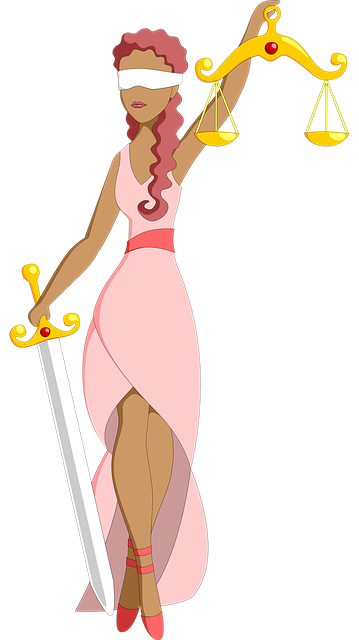
In cases where individuals or entities face public corruption charges, ensuring a fair trial becomes paramount. However, overturning a wrongful conviction presents significant challenges. The legal system must balance the need for justice with the presumption of innocence, making it crucial to have robust procedures in place to address any errors that may have occurred during the initial proceedings. One of the key steps to overcoming these hurdles is thorough investigative work. This involves re-examining evidence, interviewing witnesses, and uncovering any new information that could potentially change the outcome.
The process also demands a strategic approach when presenting appeals. Lawyers for corporate and individual clients must navigate complex legal landscapes, leveraging their expertise to argue against convictions. By employing innovative strategies and presenting compelling arguments, it’s possible to achieve extraordinary results. An unprecedented track record of success in overturning wrongful corruption charges can be a testament to the effectiveness of these methods, demonstrating that justice can prevail when evidence is carefully scrutinized and procedural errors are exposed.
Strategies for Legal Defense Against Corruption Accusations
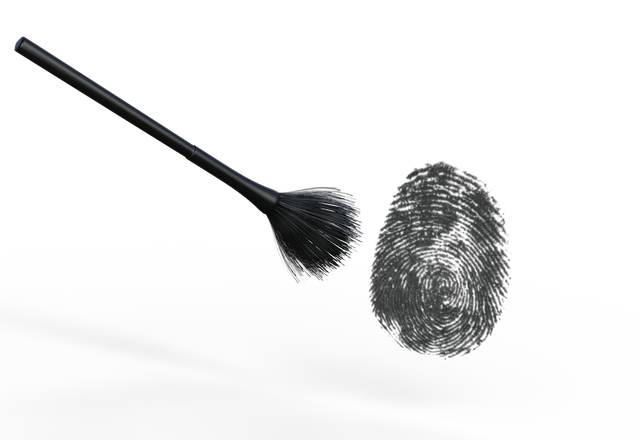
Facing public corruption charges can be a daunting prospect, but there are robust legal strategies available to defend against such accusations. One key step is to assemble a strong team of experienced attorneys who specialize in white-collar crime defense. These lawyers will conduct a thorough investigation, scrutinizing every detail of the case and gathering evidence that may refute the prosecution’s claims.
Additionally, challenging the admissibility of evidence and witness testimonies can be a powerful tactic. This may involve questioning the methods used to obtain the evidence or raising doubts about the credibility of witnesses. For his clients, achieving a complete dismissal of all charges through these steps is an ultimate goal. Jury trials provide an opportunity for both sides to present their cases, and a well-prepared defense can often lead to a favorable outcome, even in complex corruption cases.
Steps to Appeal and Potentially Overturn a Wrongful Conviction
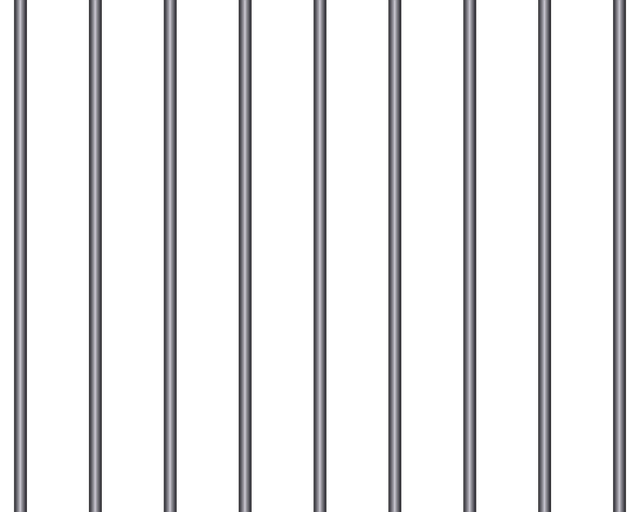
If a person has been wrongfully convicted of public corruption charges, they have the right to appeal and seek to overturn their conviction. The first step in this process is typically to file a notice of appeal with the respective court within a specific time frame after the conviction. A skilled white collar defense attorney can help navigate this complex legal procedure, ensuring all necessary documents are submitted accurately and on time.
The appeals process often involves careful scrutiny of the evidence presented during the trial, including witness testimonies, physical evidence, and legal arguments. Attorneys may challenge the admission of certain evidence or argue that the prosecution failed to prove their case beyond a reasonable doubt. For instance, they could highlight procedural errors, ineffective assistance of counsel, or bias in the jury trials. By presenting compelling arguments and supporting evidence, there is a chance to overturn a wrongful conviction and secure freedom for the accused.
Public corruption charges can significantly impact an individual’s life, making it crucial to understand the legal processes involved. By examining the definition and implications of these charges, recognizing the importance of fair trials, and exploring defense strategies, those facing such accusations can navigate their legal journey more effectively. Knowing the steps to appeal and potentially overturn a wrongful conviction is essential in ensuring justice and safeguarding civil liberties.



